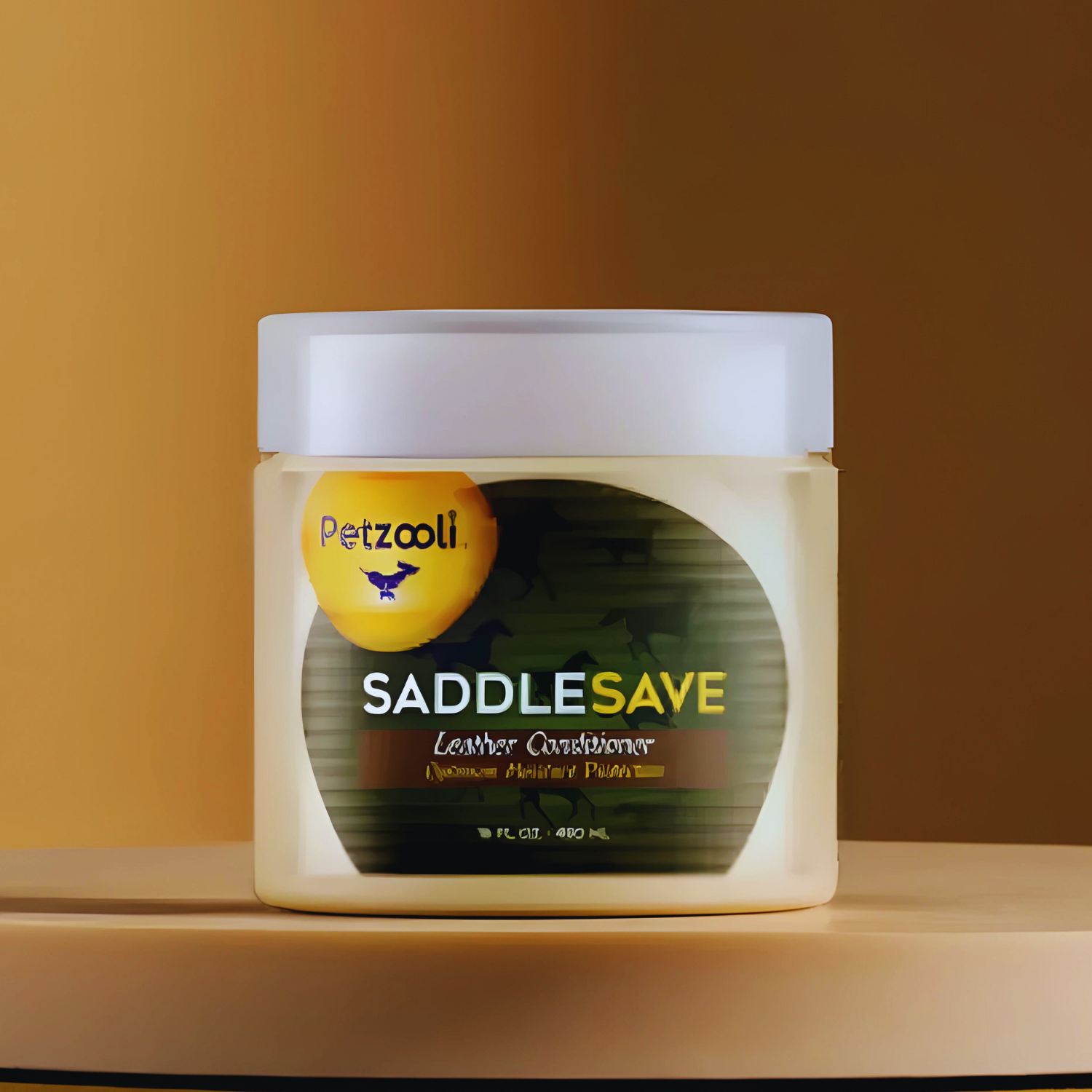
How to Treat Cracked Hoof on Horse: Essential Care Tips
Share
Keeping our equine companions healthy is crucial, especially when it comes to their hooves. When you encounter the issue of how to treat a cracked hoof on a horse, the urgency to act is paramount. Hoof health directly impacts overall horse well-being, making it vital for horse owners to understand the causes, symptoms, and treatment options for cracked hooves.
A cracked hoof can lead to severe discomfort for your horse, affecting its mobility and quality of life. Recognizing the signs early and taking the proper steps can not only alleviate pain but also promote healing. In this article, we'll explore effective methods and tips for addressing cracked hooves so your horse can trot through life comfortably.

Understanding the Cracked Hoof: Causes and Symptoms
Before diving into treatment methods, it's essential to identify the underlying causes of cracked hooves. Several factors contribute to this condition:
- Moisture Imbalance: Overly wet or dry environments can lead to hoof cracks. Frequent changes in moisture levels can weaken the hoof.
- Nutritional Deficiencies: Horses lacking essential nutrients may suffer from brittle hooves. Adequate nutrition plays a significant role in hoof health.
- Inadequate Hoof Care: Regular trimming and shoeing influence hoof stability. Neglect can lead to uneven pressure and cracks.
- Injury or Trauma: Physical injuries can compromise the integrity of the hoof structure, resulting in cracks.
Signs of a Cracked Hoof
Watch out for symptoms that indicate your horse may have a cracked hoof. Common signs include:
- Visible fissures or cracks on the hoof wall
- Increased sensitivity or pain when the hoof is touched
- Change in gait or limping
- Heat in the hoof or swelling in the surrounding area

How to Treat a Cracked Hoof on a Horse
If you notice any of these symptoms, its essential to act quickly. Here are some treatment steps you can take to address the situation:
1. Consult a Veterinarian
Whenever you suspect your horse might have a cracked hoof, its crucial to have a professional evaluate the condition. A veterinarian can provide a clear diagnosis and recommend treatment plans tailored specifically for your horse's needs.
2. Proper Hoof Care
Regular hoof maintenance is critical. Ensure your horses hooves are examined and trimmed every 6-8 weeks by a qualified farrier. Maintaining a consistent hoof care schedule coupled with proper techniques can prevent cracks and other hoof issues.
3. Use Hoof Dressings
Applying specialized hoof dressings can provide necessary moisture balance to support healing. This can help keep the hooves hydrated and prevent future cracking.
4. Nutritional Support
Providing grains and supplements rich in biotin, zinc, and copper can encourage healthy hoof growth. Consider discussing dietary changes with a veterinarian to ensure your horse is getting proper nutrition.
5. Environmental Management
Maintain a suitable environment for your horse, minimizing exposure to excessive moisture or dryness. Consider the use of mats or moisture barriers in stalls.

Prevention is Key to Hoof Health
Preventing cracked hooves is far easier than treating them. Here are some proactive strategies for horse owners:
- **Regular Exercise**: Keeping your horse active promotes circulation and overall hoof health.
- **Balanced Diet**: Ensure your horses diet contains adequate protein and minerals.
- **Routine Hoof Checks**: Regularly inspect your horse's hooves for early signs of distress.
- **Avoid Overworking**: Be mindful not to overwork your horse on hard ground for extended periods.

When to Seek Professional Help
In cases where the crack is severe or accompanied by lameness, its time to consult a veterinarian immediately. Early intervention can drastically improve outcomes and reduce potential complications.
Home Remedies for Hoof Cracks
While professional care is paramount, some home remedies may provide additional support. Here are a few options:
- Warm Oil Massage: Massaging the hoof with warm oils may help soothe soreness and provide nourishment.
- Epsom Salt Soaks: Soaking the hoof in Epsom salt and water may reduce inflammation and promote healing.
- Apple Cider Vinegar: Diluting apple cider vinegar and applying it to the hoof may help balance pH levels.
FAQs about Cracked Hoofs
1. What causes cracked hooves in horses?
Cracked hooves can result from factors including moisture imbalance, poor nutrition, inadequate hoof care, or trauma.
2. How can I tell if my horse has a serious hoof crack?
Look for signs like heat, swelling, or severe lameness, which may indicate an urgent need for veterinary care.
3. Are there certain breeds more prone to hoof issues?
Some horse breeds may be genetically predisposed to weaker hooves, but proper care can mitigate these issues.
For further reading on horse hoof anatomy, check out this detailed article.
As an Amazon Associate, I earn from qualifying purchases.
